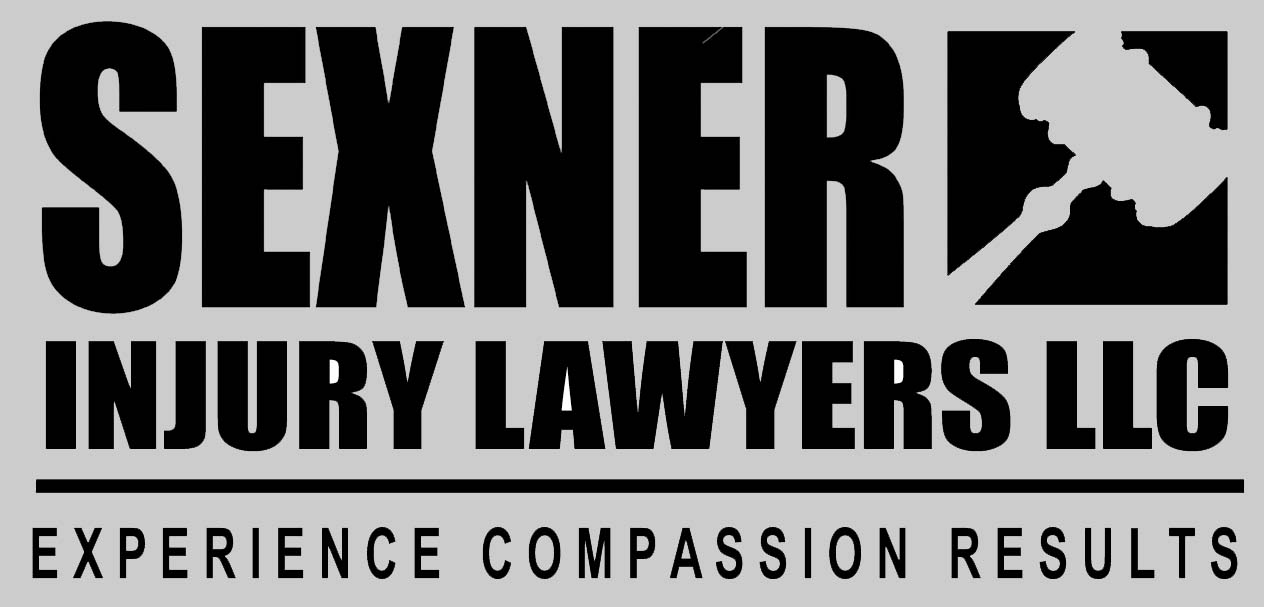Chicago Brachial Plexus Injury Lawyers
 According to some estimates, a brachial plexus injury happens to about 1 out of every 1,000 babies born each year. The brachial plexus is a nerve network that starts in the spinal cord on the side of the neck and then spreads out to the arm after having passed through the clavicle (collarbone). It allows transmittal of messages from the brain to each of the shoulders, arms, and hands. "Plexus" means a group, network, or highway of nerves. When this nerve network suffers damage during birth, a weakening or paralysis may occur as a result of the brachial plexus injury (BPI).
According to some estimates, a brachial plexus injury happens to about 1 out of every 1,000 babies born each year. The brachial plexus is a nerve network that starts in the spinal cord on the side of the neck and then spreads out to the arm after having passed through the clavicle (collarbone). It allows transmittal of messages from the brain to each of the shoulders, arms, and hands. "Plexus" means a group, network, or highway of nerves. When this nerve network suffers damage during birth, a weakening or paralysis may occur as a result of the brachial plexus injury (BPI).
Brachial plexus injuries (BPIs) occur when nerves in the upper spine are injured during delivery. These nerves can cause long-lasting injuries. This birth trauma leads to permanent disability in roughly 10 % of case. Neuropraxia, which is a mild form of brachial plexus injury, occurs when the nerves are stretched. Neuroma, a more severe type of birth injury, occurs when a nerve is torn. The most severe type of brachial plexus injury, avulsion, often results in total paralysis. Avulsion occurs when all of the nerves are torn from the upper spine, leading to significant birth trauma and nerve damage.
BPIs create problems for the baby; he or she may be unable to control movements or feel sensation in the shoulder, elbow, wrist or hand. This is also known as a brachial plexus birth palsy (BPBP) injury. A serious nerve injury may be categorized as either "complete" or "partial" depending upon the extent of the damage. A complete loss of function of the arm is sometimes referred to as "flail arm" or "arm paralysis."
- Erb's Palsy is a form of brachial plexus palsy that refers to an injury of the upper brachial plexus nerve and results in a loss of motion to the shoulder and an inability to normally flex the elbow.
- Klumpke's Palsy is a form of brachial plexus palsy that refers to an injury of the lower brachial plexus nerves and results in a loss of motion to the hand and wrist.
For over 25 years, our legal team has helped families affected by medical malpractice. Call the Chicago brachial plexus injury lawyers of Sexner Injury Lawyers LLC us 24 hours a day for free, useful information at (312) 243-9922.
Types of Infant Brachial Plexus Injury
Depending on the extent of the damage to the nerve that occurs during childbirth, an injury to the brachial plexus is categorized as a:
- Avulsion: When the nerve has been completely pulled from the spinal cord with no chance of recovery or repair. This is the most serious of these injuries.
- Rupture: When the nerve has been partially torn or ruptured, but not at the spinal cord location. Such an injury will need medical assistance and the surgeon may suggest a donor nerve graft.
- Neurapraxia: When the nerve has gently compressed or stretched, but it has not been torn and remains attached. This is the most common type of brachial plexus injury and has a high chance for a rapid recovery, often within three months.
- Neurogenesis: When the whole nerve has been divided. Injuries of this type have a very poor prognosis for recovery.
- Axonotemesis: When the nerve axons have been severed. Injuries of this type have a moderate prognosis for recovery.
- Neuroma: When scar tissue has grown to surround a disrupted nerve.
Symptoms of Injury After Birth
Some brachial plexus injuries are mild in nature and the full range of motion will return to the baby within a short period of time. But other injuries are permanent, which may require multiple surgeries to correct or improve the child's future medical outlook. Some of the most common symptoms that a baby may exhibit after delivery suggesting that a BPI occurred include:
- Failure to exhibit the Moro Reflex (reflex infants exhibit when they believe that they are falling) on the affected side;
- Lack of movement in lower or upper arm or hand;
- Reduced grip exhibited on the affected side;
- Arm bent (flexed) at elbow and held close to body.
Medical Malpractice Lawsuits for Chicago Brachial Plexus Injuries
Brachial plexus birth injuries affect not only the child, but the family as well. Frequent medical exams to monitor the child and constant rehabilitation or therapy appointments are often necessary. As a result, health care costs are usually higher for families to properly care for a child with a BPI. When a serious lifelong medical condition happens because of a mistake, a lawsuit can be filed to recover money damages to help the family deal with these costs and to make the baby’s future more comfortable.
Although infant deaths and injuries were once very common, with the advent of new and better delivery techniques, injuries like BPIs have been vastly reduced. Specifically, the availability of Cesarean delivery (C-section) allows obstetricians and hospital staff to avoid many of the potential dangers of natural delivery when warning signs appear.
Yet medical mistakes certainly still happen. They happen every single day when doctors ignore warning signs and attempt to delivery larger-than-normal babies, or proceed with vaginal delivery despite indications of a breech baby. Whenever a doctor deviates from the acceptable standards of practice during delivery, medical malpractice has occurred and the baby’s family has an absolute right to seek justice. Some of the many medical mistakes that may lead to a BPI include:
- The stretching or tearing of the brachial plexus during delivery when the nurses or doctors are having difficulties delivering the baby's shoulder (shoulder dystocia);
- The infant's shoulder may be impacted or held back by the mother's pubic bone, which could injure the baby's brachial plexus;
- The injury may occur as the infant's head and neck pull towards the side during delivery;
- The injury may occur due to pulling on the baby's neck or head during a head-first delivery;
- The injury may occur from pressure on the infant's raised arms during a feet-first (breech) delivery;
- Having a larger than average baby (diabetic mothers usually have this risk), increases the likelihood of such an injury.
Contact Our Chicago Brachial Plexus Injury Lawyers Today
Since 1990, Sexner Injury Lawyers LLC and affiliated birth injury attorneys in Chicago have been helping families adversely affected by the medical negligence of doctors, hospitals, and other medical service providers. Many millions of dollars have been recovered for our deserving clients. No fees are ever charged unless we are successful on behalf of your family. So contact us 24 hours a day for free, caring, and compassionate legal answers to your questions at (312) 243-9922.

